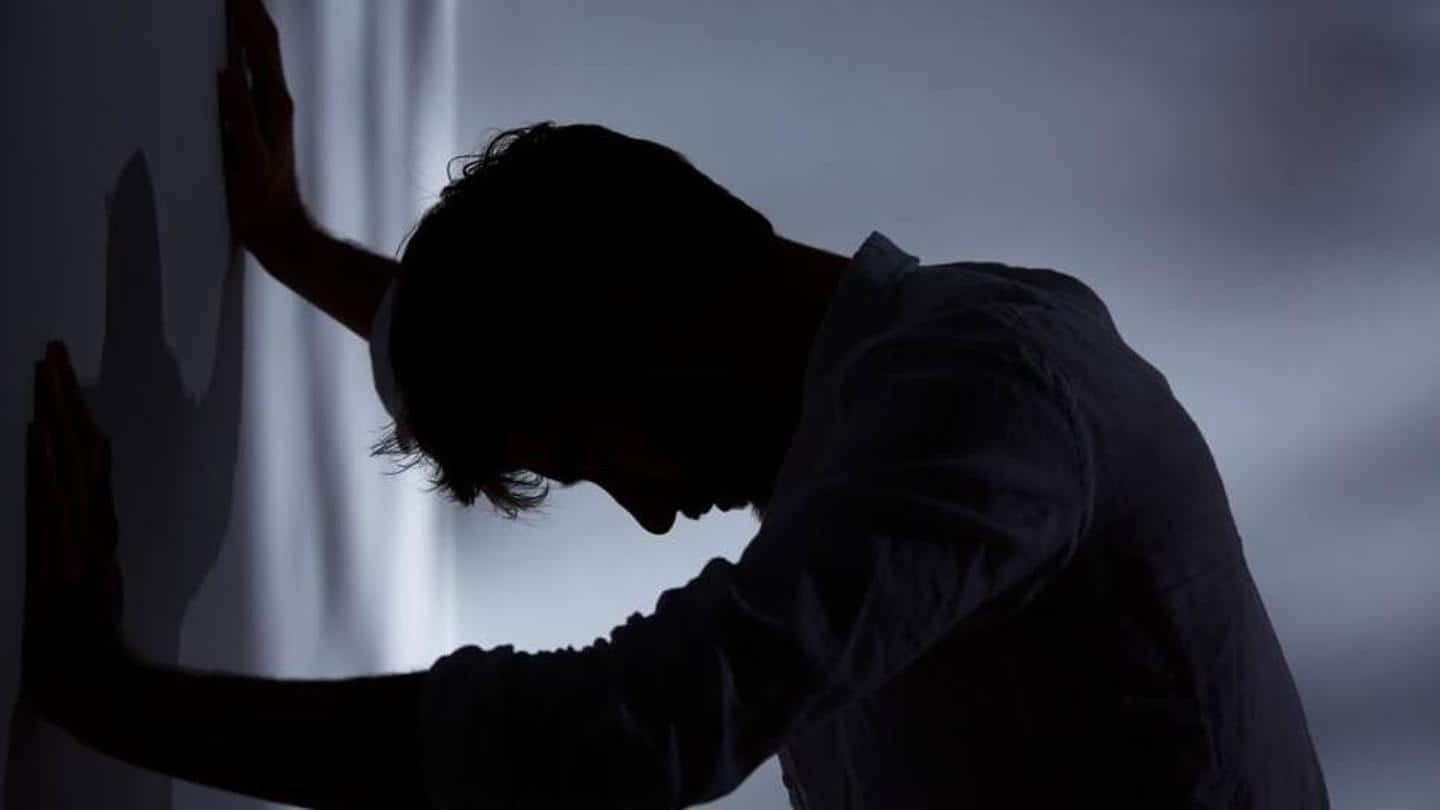
This app tracks your phone usage to monitor mental health
What's the story
When a contagion is claiming hundreds of lives on a daily basis, problems like anxiety and depression can increase exponentially.
Professional therapy can help overcome these conditions, but it is very important to recognize them in the first place.
Now, to help with this, a team of researchers has created an app that tracks smartphone usage to monitor mental health.
Here's more about it.
Data
Your phone habits can reflect your mental health
While the idea of using smartphones to assess someone's mental condition may sound weird, the fact is, it actually makes sense.
Your phone holds a lot of data and many of those things, like how well you sleep and exercise every day, can come handy in determining whether you have been anxious or depressed lately.
The researchers from Canada's Dalhousie University thought so too.
PROSIT app
So, the researchers designed PROSIT
Motivated by the need to understand mental health using phone activity, the team at Dalhousie University created the PROSIT app.
The service works on its own and uses existing sensors on a smartphone to collect information across 15 different categories, including things like sleep hours of an individual, their exercise routine/frequency, call history, message logs, screen-time, and the songs they prefer to listen to.
Other data
Plus, it also looks at typing behavior, among other things
Along with the aforementioned data, PROSIT also requires the user to self-report some things, like a weekly 90-second audio clip telling about the best part of their week or a periodic rating of how anxious, sad, or happy they felt.
The app also assesses the typing behavior of the person, as it is also something that changes according to the emotional state.
Quote
Typing speed, force change when you are angry
"When people are emotional, when you're angry, you want to send an emotional text. Not only the speed of your typing changes but also the force you apply on the keyboard to type also changes," Rita Orji, a team member behind PROSIT app, told CBC.
Benefit
This gives a direct assessment of emotional state
Data collected through the app paints a picture of the mental condition of the patient, even when they are not in front of the psychologist.
"We can actually find out whether they're anxious or depressed. It's fairly amazing," psychologist Sandra Meier told CBC.
"You don't have to understand any of the content, you can just listen to people and...get their emotional state," she added.
Test
Test with 300 people, with full focus on privacy
The app went into testing in February and is currently being used by some 300 individuals, half of whom are mental health patients.
Now, as this involves plenty of data that can lead to privacy concerns, the team at Dalhousie University has implemented several restrictions, including requiring the users to sign consent forms and storing all their data in an encrypted form.
Quote
Only frequency of calls/texts tracked, not content
"When we talk about tracking your calls/SMS, we're actually not tracking what you say or who you talk to," Orji said. "We're actually just knowing the frequency, how often you call...most of these are very high-level data that people are really comfortable giving," she added.
Availability
No word on official availability
The app, as we said, is still in the testing phase and there is no word on its official availability.
For now, the researchers are also working to add more capabilities to the app, like the option to let psychologists communicate treatment options to their patients.
It may eventually play a significant role in complementing remote treatment of mental health patients.